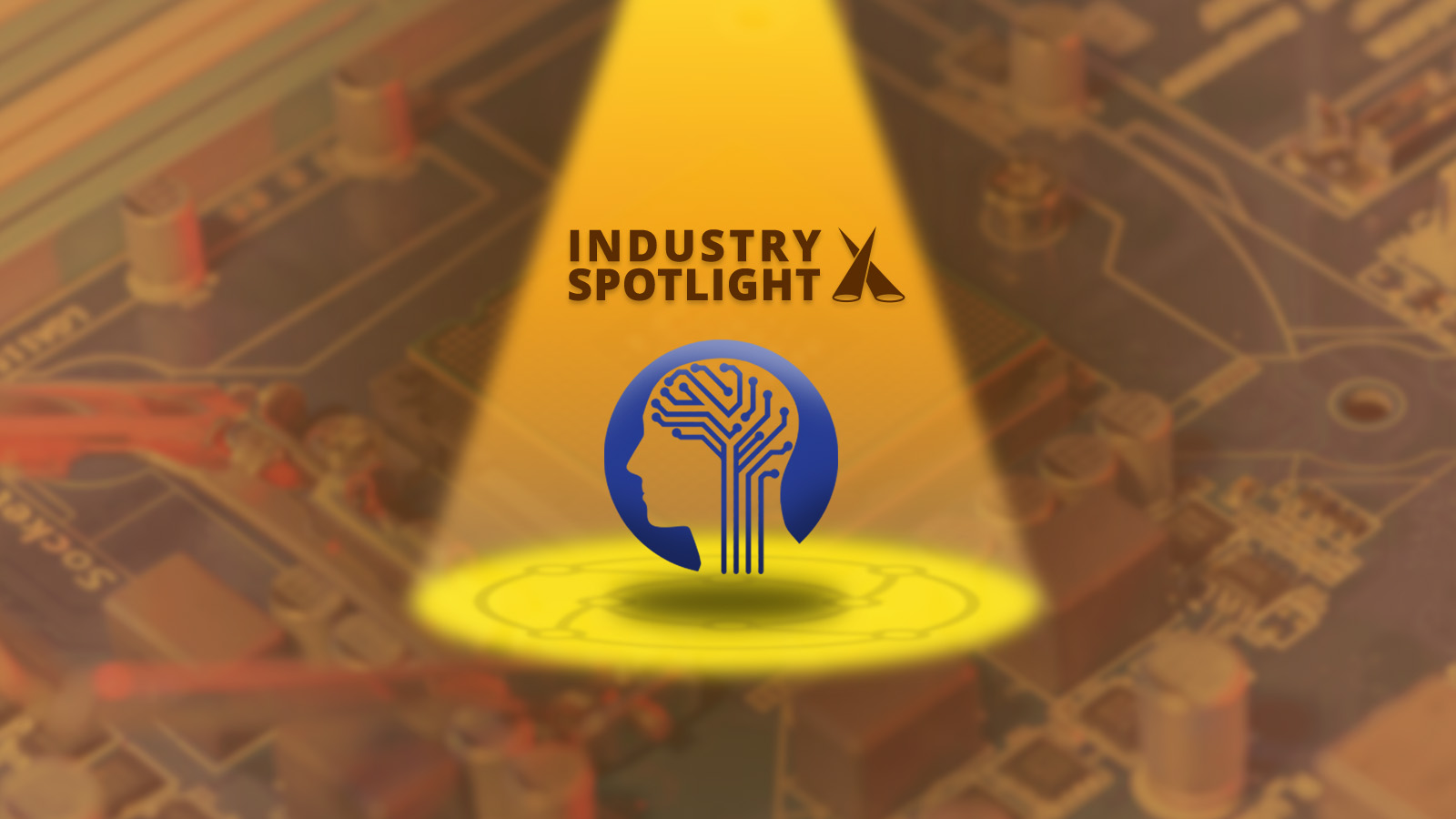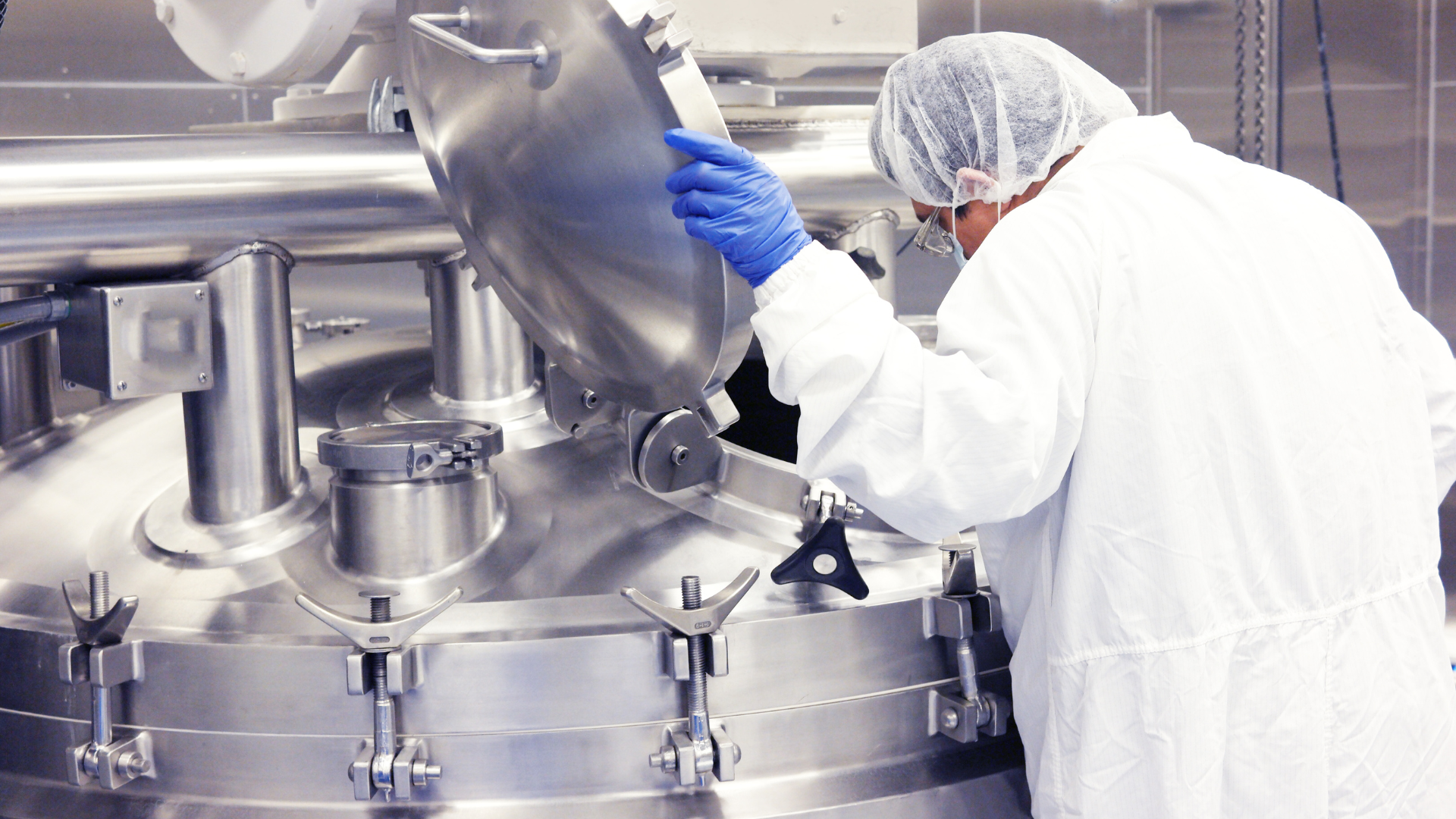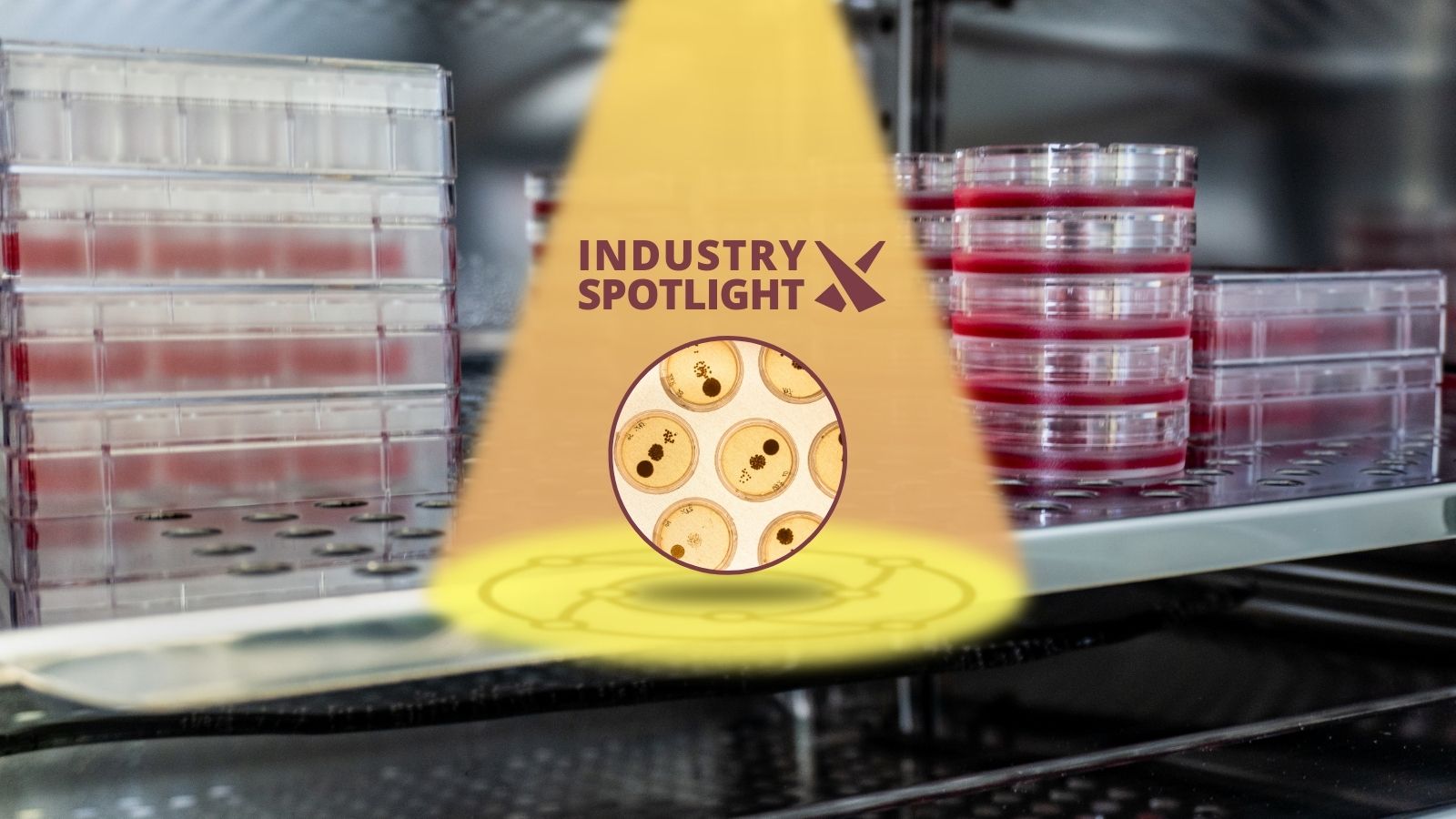AI in Gene Therapy: How Could Machine Learning Approaches Reshape Therapeutic Development?

Our editorial focus for March and April will be on the applications of AI and machine learning approaches across the cell and gene therapy landscape.
Artificial intelligence (AI)-driven deep learning approaches are being explored for some aspects of the cell and gene therapy development pipeline to refine or speed up discovery, including in regulatory approval and autologous cell therapy development.
The breadth and depth of technical approaches and production practices inherent to cell and gene therapies makes it difficult to develop any one process to hasten things along.
However, there are some commonalities across the in vivo and ex vivo approaches inherent to manufacturing which can be exploited in biomanufacturing operations.
AI-enabled ‘smart manufacturing' is now beginning to support gene and cell therapy processing, with reinforcement from real-time integrated big data analytics and advanced sensing technologies.
AI/ML in Regulatory Approval for Clinical Trials
One area where machine learning approaches could majorly speed things up is in accelerating approval pipelines.
Some of the latest therapies making their way to bodies such as the FDA and the EMA have - in some instances - incorporated real-world data (RWD) in datasets for phase I trials.
Companies such as Genentech are looking into using proprietary algorithms to locate gene mutations in the development of their therapeutics.
Feeding back clinical data into the algorithm in question can accelerate the pipeline, but not all regulators are as willing to accept AI in gene therapy development validation.
Along with the push for greater integration of AI/ML approaches into the regulatory pathway, there will likely be a push by biotechs to persuade the FDA to be more open-minded when it comes to the presence of machine learning in approvals.
Industrialisation of Autologous Cell Therapies
The complexity of the manufacturing pathway for autologous cell therapies makes it difficult to keep the cost of goods low and commercially viable.
As more therapies make their way into pharmaceutical production, the need to drive cost and process efficiencies will only be exacerbated.
The best approach to therapy commercialisation is still being investigated - managing efficient and efficacious production has proven to be a key therapy bottleneck.
Smart manufacturing enabled by AI is now beginning to support processing for cell and gene therapy, incorporating advanced integration of the manufacturing process.
Systems common to many cell and gene therapies can be enhanced by AI, which may help to solve previously presented challenges in process design and manufacturing operations.
Across the board, AI and machine learning approaches have the potential to streamline many aspects of cell and gene therapy development, including securing regulatory approval for clinical trials.
Stay tuned to find out exactly what this could entail.
Get your weekly dose of industry news and announcements here, or head over to our Cell portal to catch up with the latest advances in cellular therapies.






